Roya Hakakian delivers testimony at Senate Foreign Relations Committee

Dear Senators, ladies and gentlemen, On the program today, I’m identified as a writer and a journalist. But in some ways, immigrant and naturalized US citizen describe me best. I arrived in the US as so many before me have–a refugee, having fled tyranny and religious persecution during the darkest period after Iran’s 1979 revolution. […]
The Bonfire of the Headscarves

For Iran’s protesters, the fight for women’s freedom of choice is now synonymous with a desire to end the rule of the ayatollahs.
The Stabbing of Salman Rushdie Renews Free Speech Debates
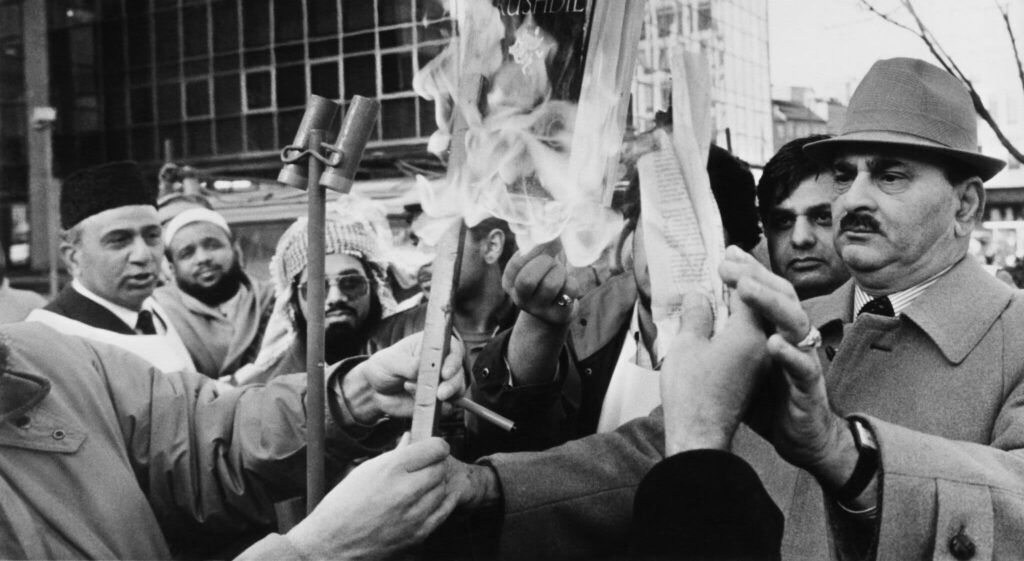
After the attack, Roya Hakakian, an Iranian American writer who in 2019 was warned by the Federal Bureau of Investigation that she had been targeted by Iran, took to Twitter on Saturday to assail what she said was a lack of swift condemnation from U.S. government officials.
Roya Hakakian and How to Speak About What No One Wants to Hear
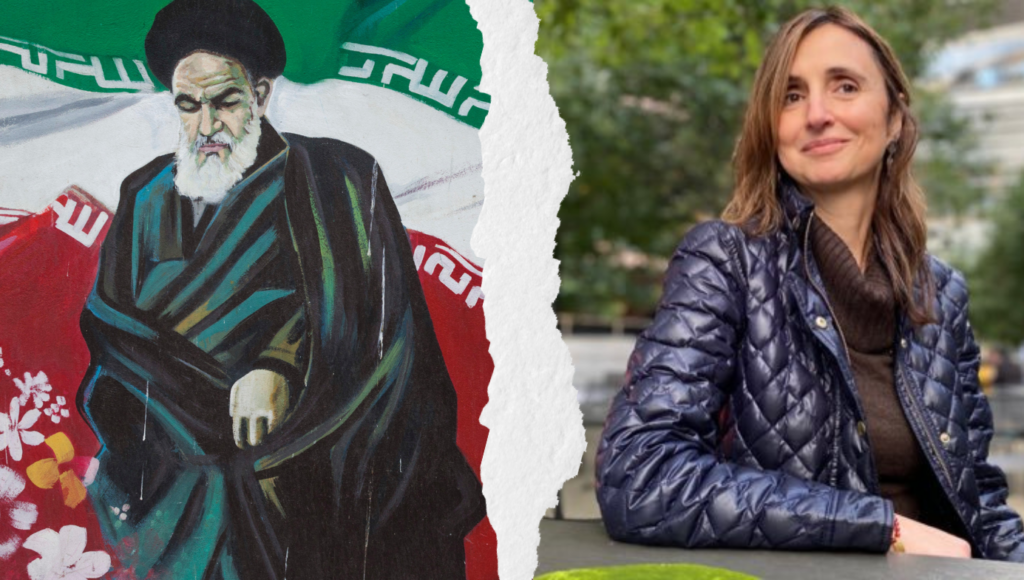
What is a revolution, compared to matters as vast as those? The revolution at hand is, at first, a rumor. The neighbors take to dimming their lights and shouting “Allahu akbar!” at a certain time every evening, in order to participate in a larger Tehran protest against the Shah. In the Hakakian household, “Allahu akbar” makes everyone a little nervous. Then again, not shouting “Allahu akbar” likewise makes everyone a little nervous. Young Roya takes her place within the Jewish Iranian Students Organization. The Jewish students, a solid number of them, are the intrepid enemies of oppression across the board. They are the champions of Palestinian freedom. Ardently they burn for the Iranian revolutionary cause.
To War Criminals Who Believe They Have Impunity, Think Again
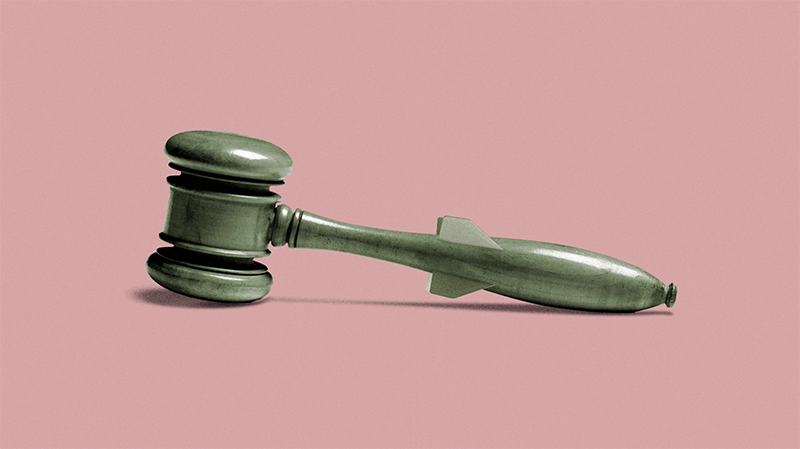
As the Russian army leaves a trail of atrocity in Ukraine, a trial held here this month offers a powerful template for prosecuting war crimes. The Swedish case—involving a former Iranian official accused of participation in the mass murder of political prisoners in the late 1980s—is based on the principle of universal jurisdiction. According to this doctrine, the national courts of any state that has adopted this principle may prosecute someone suspected of grave crimes, no matter where they occurred and irrespective of the nationality of the suspect.
The Refugee’s Internal Exile
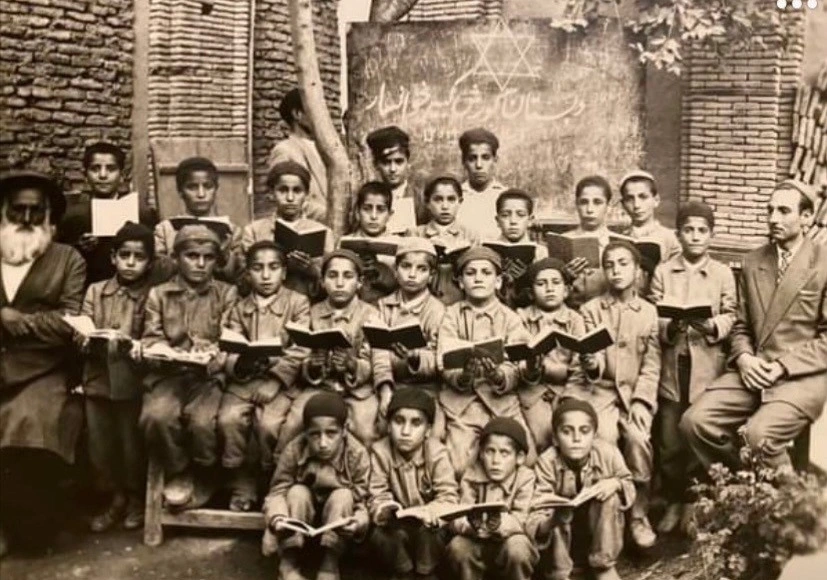
The archive was, in fact, a repository of headstones photographed for the faraway relatives who can no longer visit their dead. The details of the image were scant, and yet, with eyes blurred by tears, I studied them. Dried leaves and dead grass lined the edges of the slab—cracked in some places, chipped in others. More than fifty years since it was first laid, this stone had endured, the last trace of the Hakakians in the land that had rejected them.
The attack at a Texas synagogue …

This past Saturday, as I watched images of FBI agents pacing the perimeter of the Congregation Beth Israel synagogue in Colleyville, Tex., after a terrifying hostage standoff, I felt strangely glad that my father wasn’t alive to witness the scene. At the end of his life, he took great comfort in thinking he had delivered his […]
9/11 brought forth my immigrant father’s love of America
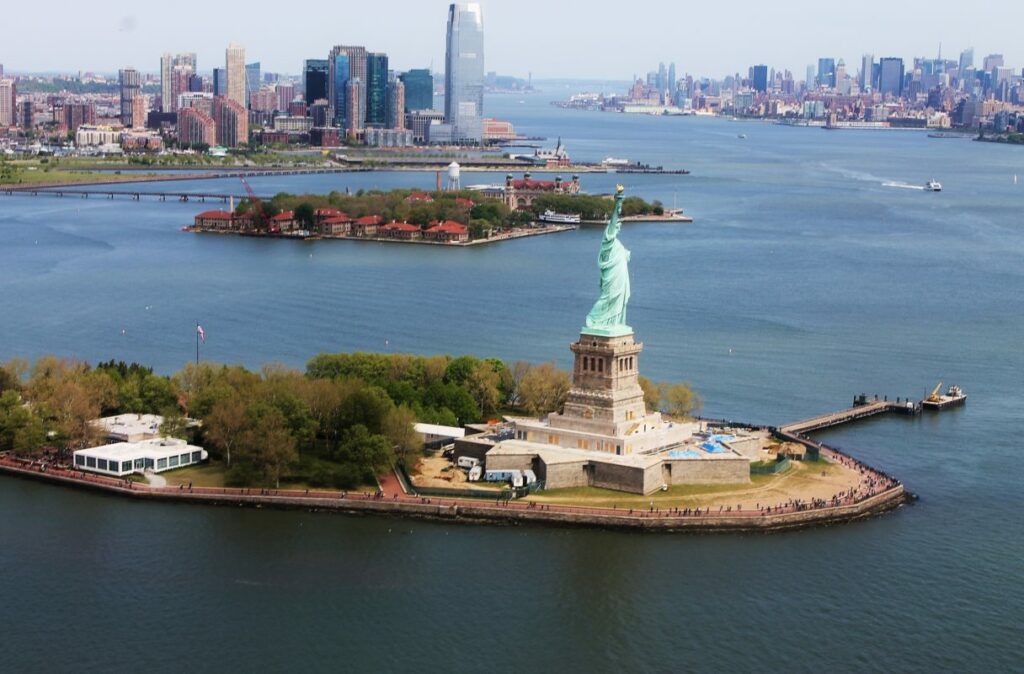
The most patriotic act I have ever witnessed anyone perform was what my father did on 9/11. He was watching the morning news, as was his routine — despite his poor vision, hearing and understanding of English, the last of which he remedied somewhat through his keen observations and vast store of knowledge. When he […]
Watching 9/11 taught me, a refugee, the visceral lessons of Americanness
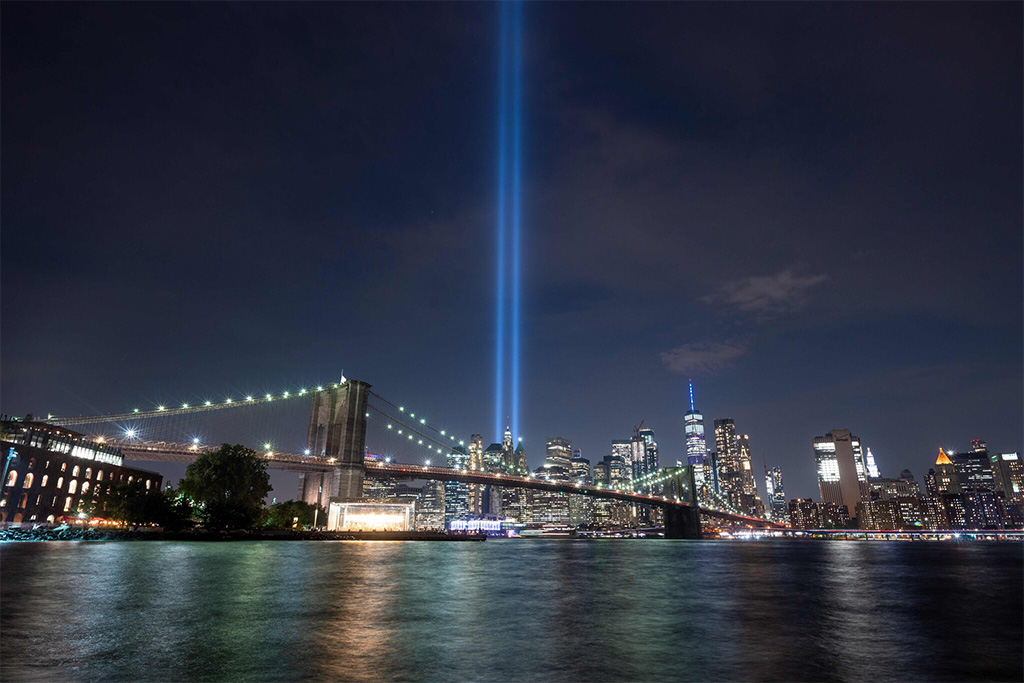
On Sept. 11, 2001, I watched through tears as ash fell over the city that had so unceremoniously taken me in as a refugee 15 years earlier. Like all Americans, I was mourning the dead, the pierced skyline, the bereft mood of a people whom I had never seen bereft. But I was also mourning […]
Iran’s Killers in Our Midst
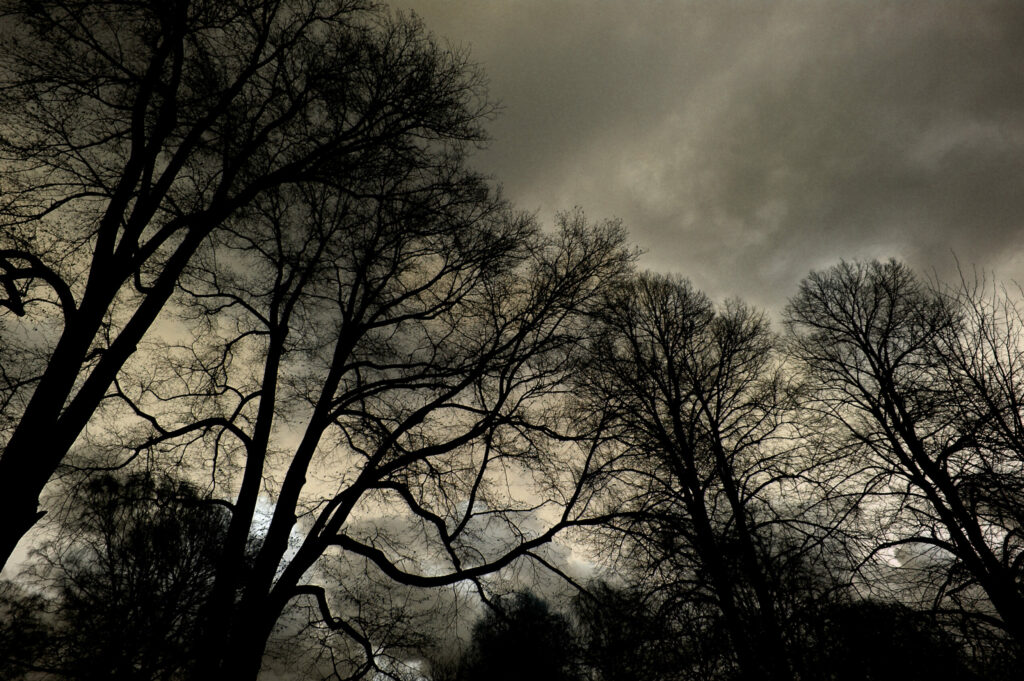
The two people who knocked on our door in late August 2019 stuck out in the neighborhood like sore thumbs. In rural Connecticut, where tank tops and flip-flops are the vogue, no one shows up at someone’s door on a summer afternoon dressed in the gray suit and black leather shoes of a federal employee. […]